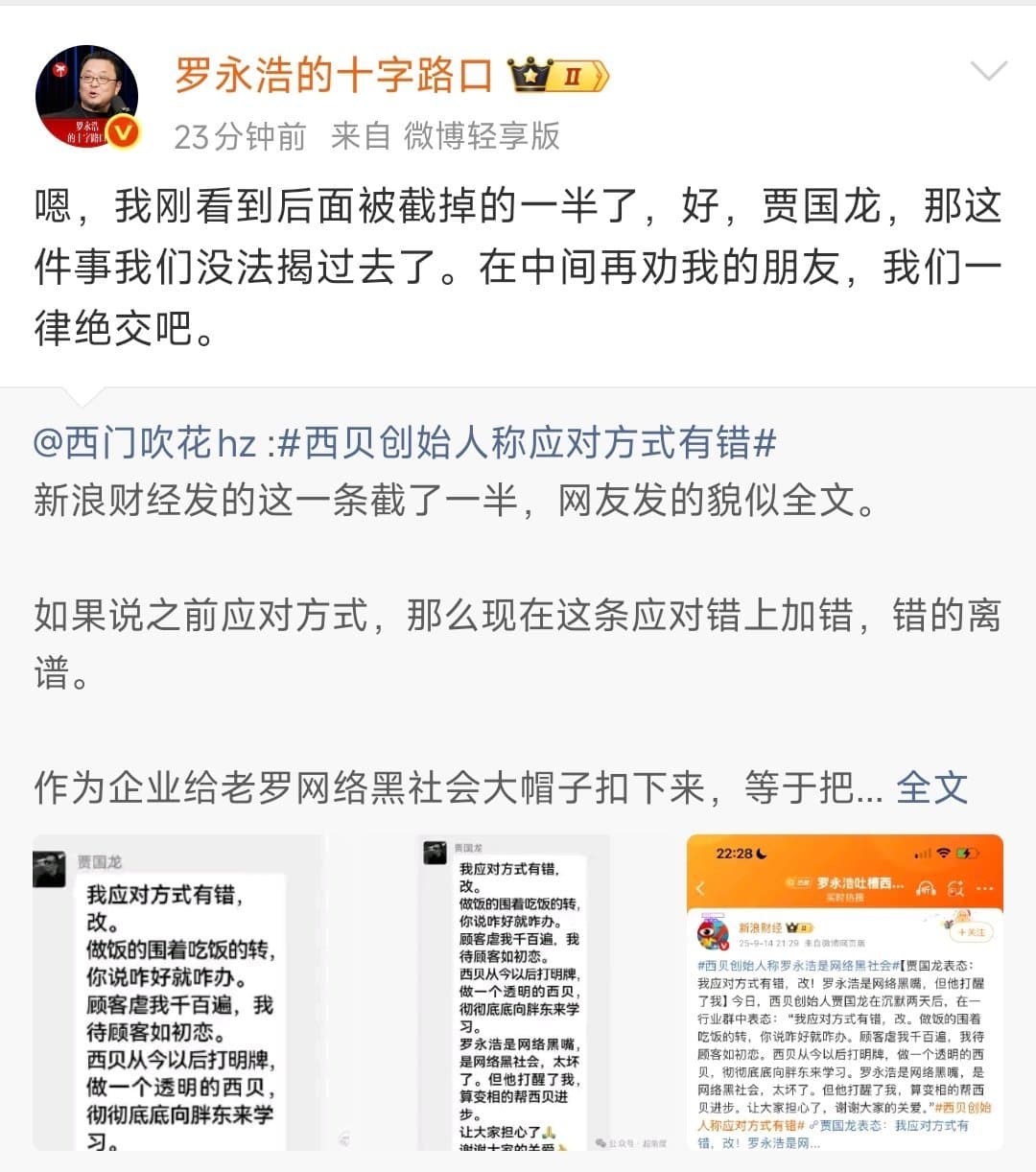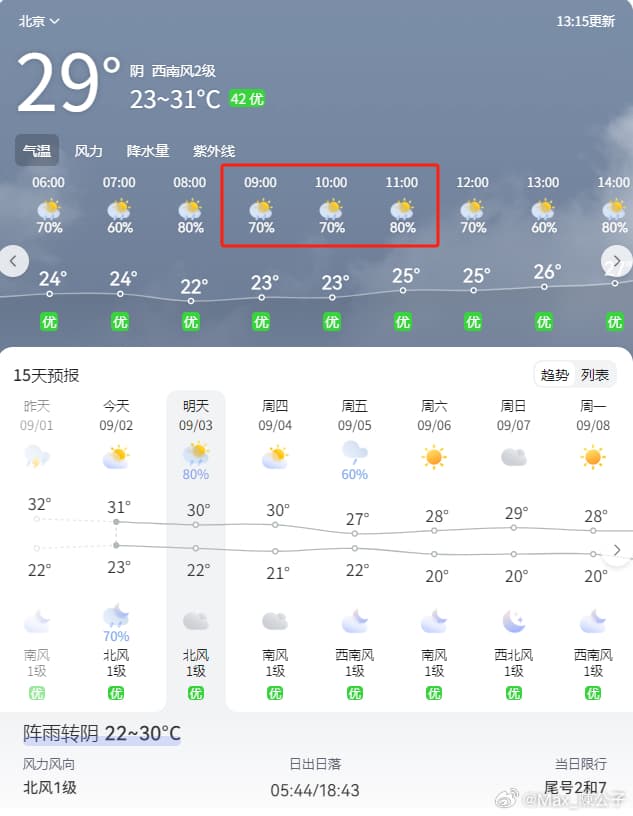Mass Resignation of South Korean Doctors Amid Government's Medical Student Expansion Plan
Mass Resignation of Thousands of Doctors in South Korea Amid Government's Expansion of Medical Students

20 February 2024
Thousands of trainee doctors and residents at the five major hospitals in South Korea's capital region have collectively resigned in protest of the government's policy to increase the number of medical school students. This mass resignation will result in numerous hospitals being unable to function normally and could lead to a healthcare crisis in the country.
The five major hospitals affected by this mass resignation include Seoul National University Hospital, Asan Medical Center, Samsung Medical Center, Severance Hospital, and Konkuk University Medical Center. According to the Xinhua News Agency, the resident and trainee doctors handed in their resignation letters on June 19, which would take effect from the morning of June 20.
The South Korean government has recently announced plans to increase the number of medical school students in an effort to address the shortage of doctors in the country. However, the resident doctors are claiming that this policy will ultimately lead to an oversupply of doctors, which could result in a decline in their income and job security.
If these resident doctors carry through with their resignations, some hospitals will struggle to maintain normal operations. As reported by the South Korean media, the healthcare system in the country could be pushed to the brink of collapse. This situation has raised concerns among the public, leading to heated debates on social media platforms.
Some Weibo users have expressed their frustrations, with one user commenting, "Incredible! These medical professionals are resigning from such a respected profession. It's hard to believe they would leave a job with so much potential." Another user questioned the doctors' intentions, stating, "I wonder if they have all discussed this together and agreed on this action. It's difficult to make a judgment without knowing all the details."
The South Korean government has not yet issued a statement regarding this mass resignation. However, the government may be forced to reevaluate its policy on increasing the number of medical school students if it hopes to maintain the stability of the country's healthcare system.
In the meantime, many hospitals are already scrambling to find alternate solutions to keep their operations running smoothly. Some hospitals have started recruiting retired doctors or those working in other specialties to fill the gaps left by the resigning doctors.
The government's decision to expand the number of medical school students is part of a wider initiative to improve the nation's healthcare system. However, this mass resignation highlights the challenges faced by the authorities in enacting various healthcare policies, as well as the sacrifices that must be made by those working in the sector.
In response to the situation, a South Korean government official has expressed their concern and has pledged to address the situation. "We can understand the concerns of the resident doctors and will be looking for ways to ensure that their interests and job security are safeguarded," the official said.
However, the actions of the South Korean resident doctors have also drawn criticism from some Weibo users. One user wrote, "Such a drastic action like mass resignations should not be taken lightly. These doctors have a responsibility towards their patients, and they must ensure that they have exhausted all other options for resolving this situation."
The healthcare system in South Korea is widely regarded as one of the best in the world. However, the current situation is a stark reminder of the challenges faced by healthcare professionals and the pressures that they must navigate in their daily lives.
The mass resignation of resident doctors in South Korea has raised concerns about the long-term impact on the country's healthcare system. It remains to be seen how the government will respond to this crisis, but it is clear that the authorities must find a way to balance the need for more doctors with the concerns of those already working in the profession.
Regardless of the outcome, this situation serves as a wake-up call for healthcare professionals around the world. It highlights the importance of transparency and dialogue between governments and healthcare workers, as well as the need for continuous investment in the development of the healthcare sector.
Share this article
Related Articles

Xi Jinping Elevates Cybersecurity to Core National‑Security Pillar, Driving China’s Quest for a Cyber Superpower
By Trending on Weibo
News & Politics
15 Sept 2025

Luo Yonghao vs. Xibei: Celebrity Entrepreneur Sparks Media Storm Over Pre‑Made Dishes and Calls for Transparency
By Trending on Weibo
News & Politics
15 Sept 2025

Weibo Celebrates Autumn Harvest as China’s Fields Become the Nation’s Most Beautiful Canvas
By Trending on Weibo
News & Politics
15 Sept 2025
China Enacts First Comprehensive Rental Regulations to Legalize and Stabilize the Rental Market
By Trending on Weibo
News & Politics
15 Sept 2025

Beijing’s Weather Emerges as a Barometer for China’s Climate Policies and Public Life
By Trending on Weibo
News & Politics
13 Sept 2025